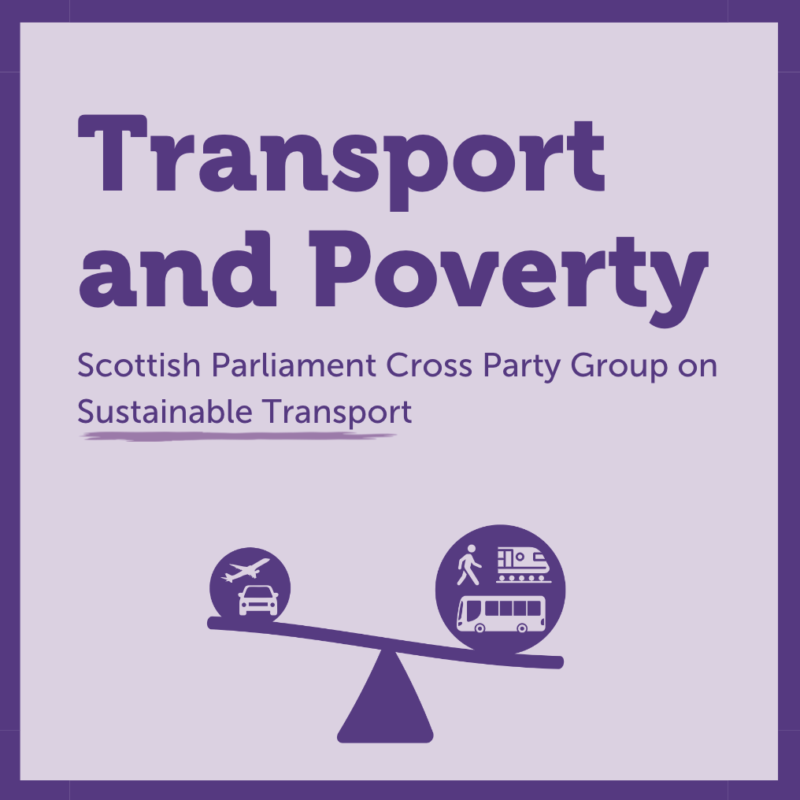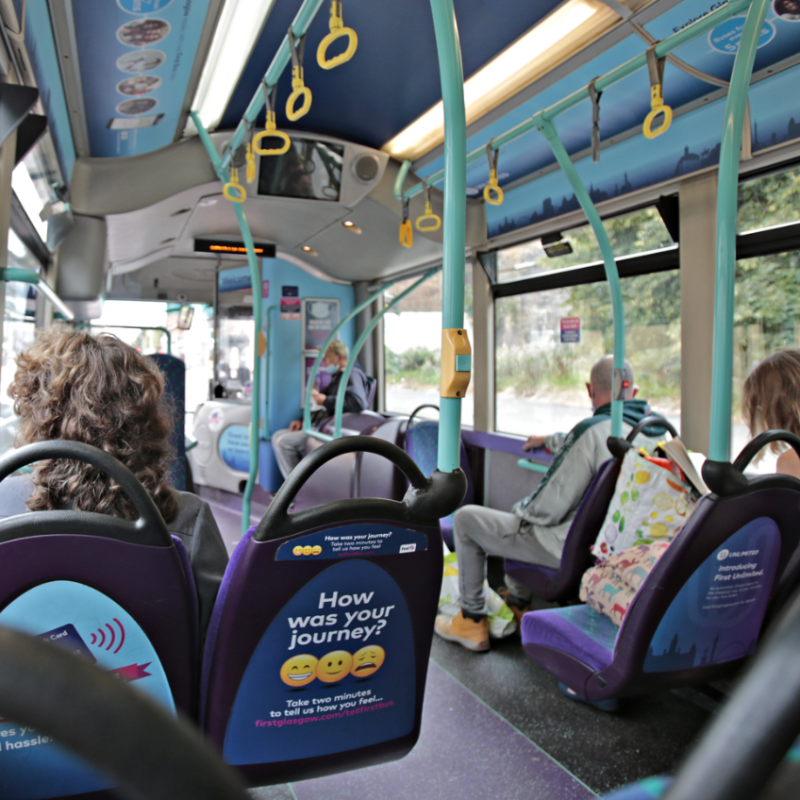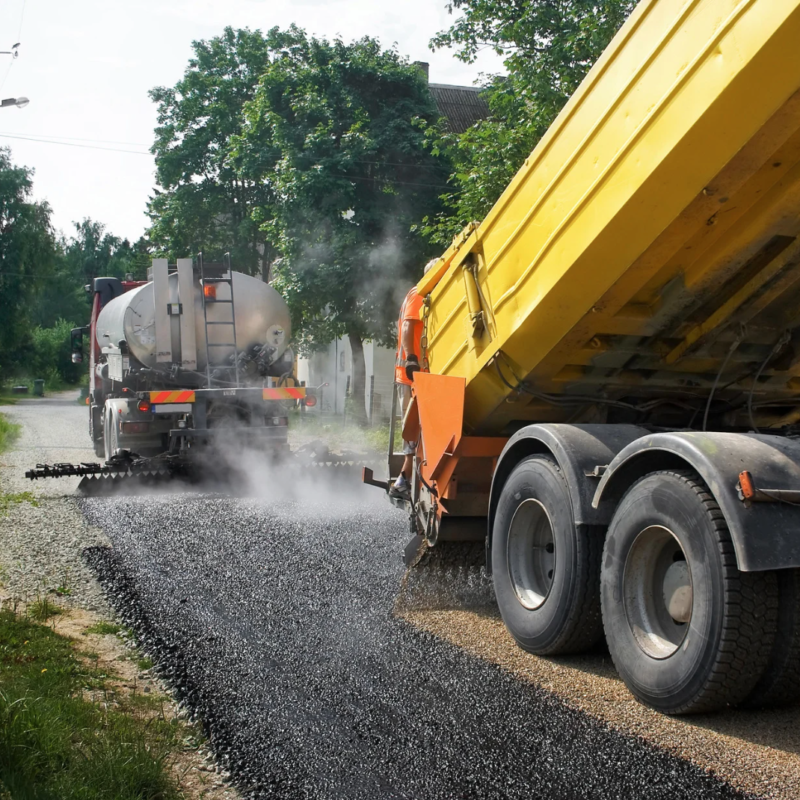Transform has today submitted its response to HITRANS’s consultation on its Regional Transport Strategy ‘Case for Change’ document.
Transform Scotland director Colin Howden said:
“There’s much to welcome in the HITRANS document. It presents a thorough analysis of transport problems and sets out a welcome set of policy objectives.
“However, in order for deep cuts in climate emissions to be made, we’ll need to see all parts of the country pitch in on road traffic reduction. The strategy objectives talk about moving to a ‘post-carbon’ world in an equitable fashion; however, the strategy does nothing to challenge the current skew of transport investment across the region towards new road-building on the corridors from Inverness to Aberdeen and to Perth. This pattern of investment is not only grossly incompatible with sustainable transport but it directly reinforces the ‘enforced car ownership’ that the strategy correctly identifies.”
On road traffic reduction, the Transform response states:
- “In collaboration with Visit Scotland, HITRANS should set a target for the reduction of car-based tourism and, in particular, address the environmental impact of vehicle-based incursion in sensitive areas of the region. As part of the strategy to address the 20% reduction in car km, HITRANS and its partners should adopt a bespoke demand management approach to reduce mileage in rural areas and specifically for inbound seasonal tourism travel, using all the resources at its disposal, from a limit to overnight stays, parking & pitch charging to limiting vehicle access on sensitive routes via a snowgate model, i.e. closing access to vehicles when designated vehicular limits have been reached.”
On roads policy, Transform responds:
- “While localised safety concerns should be addressed, the focus on road safety should not be an excuse and cover for major road building and the current roads programme across the region should be reconsidered in the light of recent changes to the STAG criteria which emphasise climate action and inclusive growth. It is questionable whether the current roads programme remains valid and fit-for-purpose for 21st century transport provision.”





